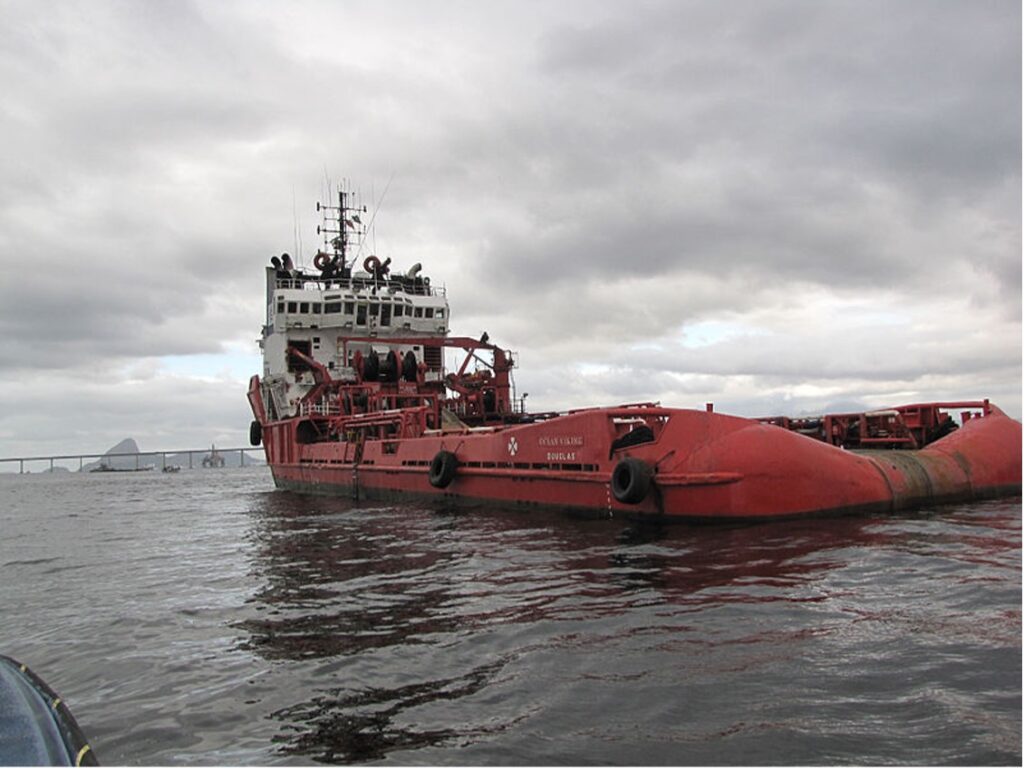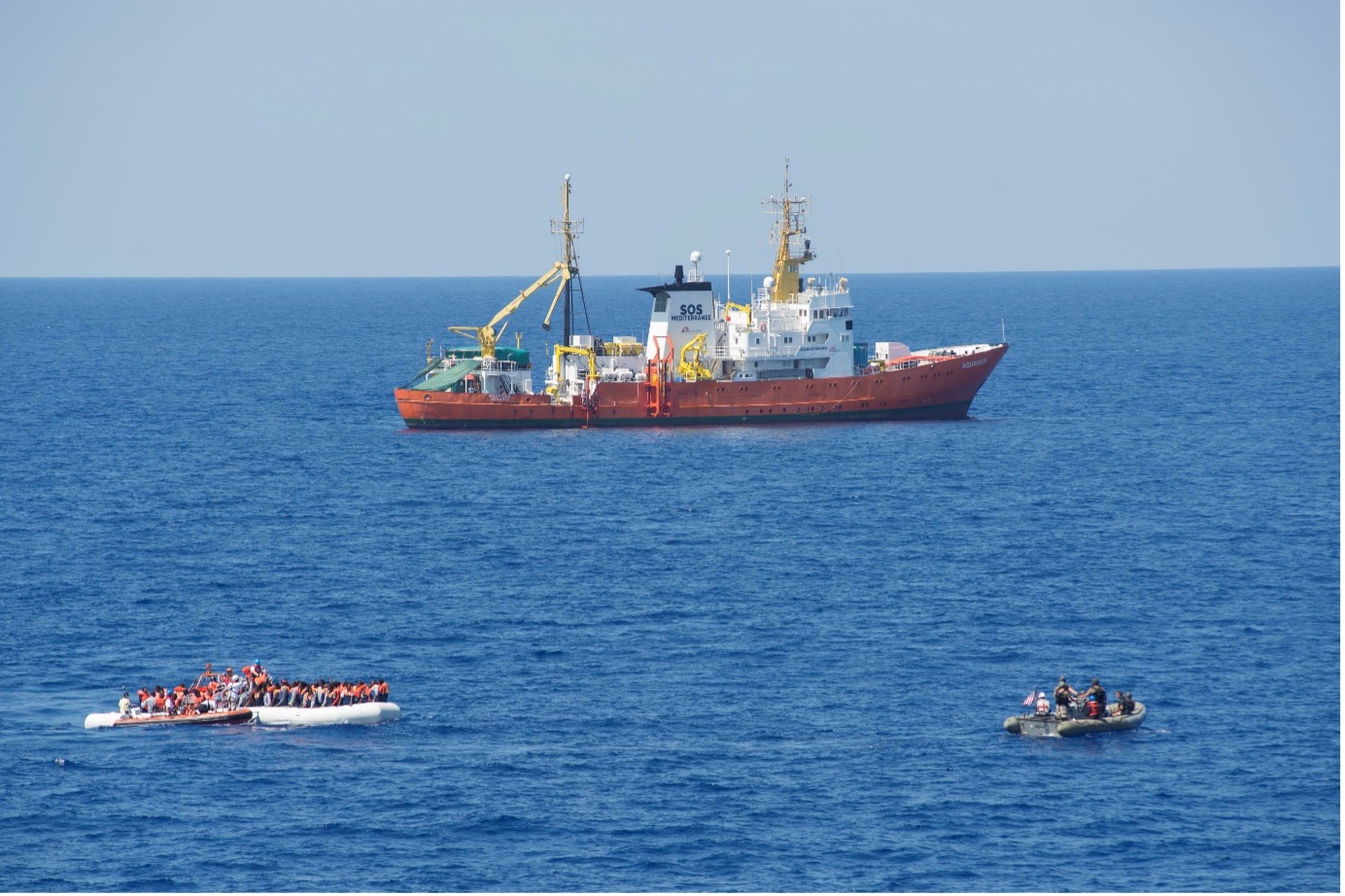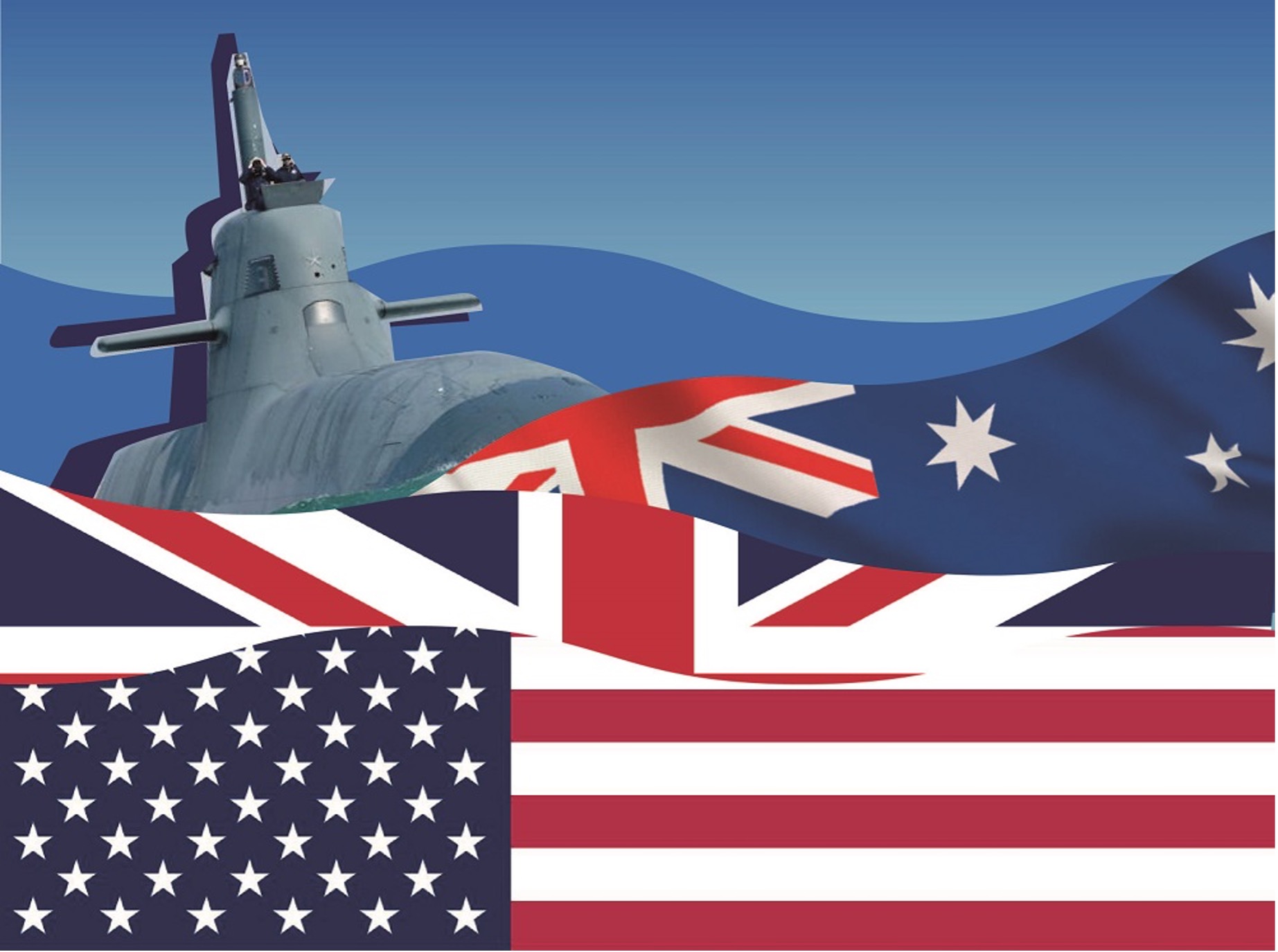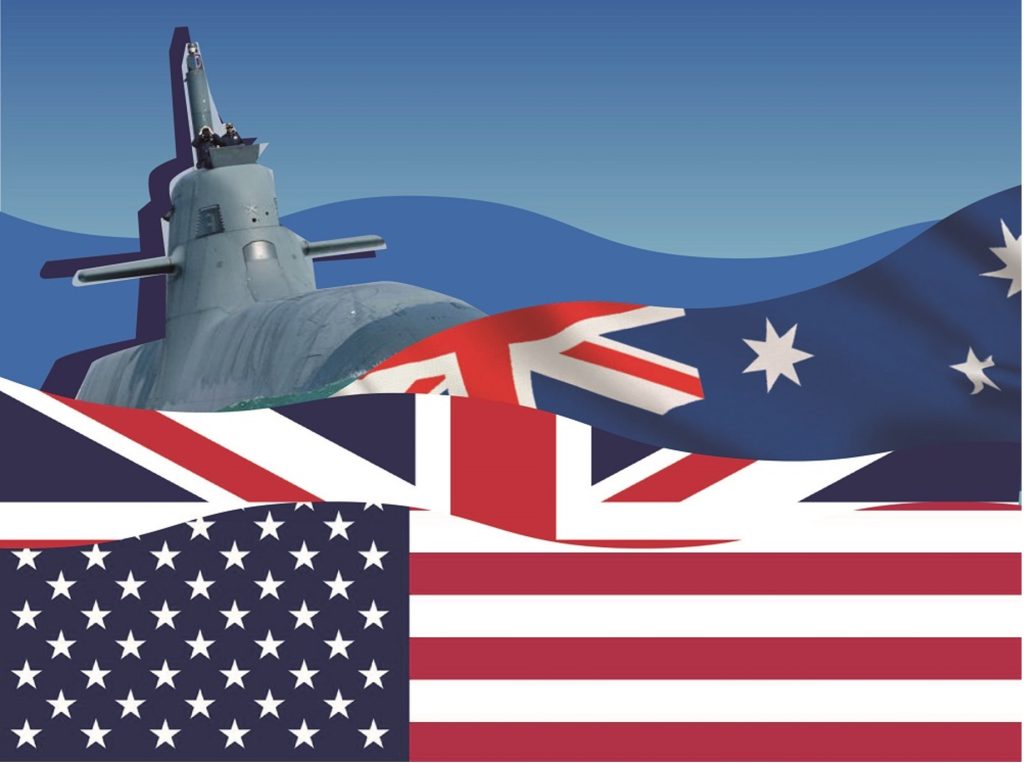Author: Isabel Dekker and Federico Alistair D'Alessio.
Between the 22nd and 26th of October 2022, 234 migrants (including over 40 minors) were rescued by the Ocean Viking, a rescue boat managed by SOS Méditerranée, a humanitarian organization that rescues people in distress at sea. Before being allowed to dock in Toulon (France) on the 11th of November, the boat was stranded at sea for almost three weeks leading to a rapid decline in the passengers’ health. The vessel landed in France after Italy refused to allow the ship to dock on their shores, intensifying their bitter dispute over migration. Since 2015, the EU has forwarded numerous initiatives to improve the coordination and handling of the arrival of migrants. Nevertheless, EU’s migration policies are often executed in an ad hoc fashion resulting in diplomatic tensions across the European continent.
FRANCE’S POINT OF VIEW
The French government condemned Italy’s refusal to welcome the vessel carrying over 200 migrants: the French Minister of the Interior Gérald Darmanin referred to Italy’s actions as ’incomprehensible’ and ’unacceptable’, in addition to emphasizing on ‘strong consequences’ for the relations between the two countries.
France has also adjourned its collaboration in the relocation mechanism which was proposed last June. This plan concerned a dozen European Union member states, including France, The Netherlands and Germany, which voluntarily decided to welcome 8,000 migrants arriving in countries of first entry to Europe, such as Italy. The Interior Ministry announced that the planned relocation of 3,500 people to France in support of Italy between the summer of 2022 and 2023 is suspended, while also inviting other EU member states to do so. Moreover, France has also strengthened its border controls with Italy.
‘’It’s the Italian government that’s losing out’’ – Mr. Darmanin (Minister of Interior)
Nevertheless, France has had its own political rows over accepting the ship, as far-right opposition leader Marine Le Pen called Macron ‘dramatically’ soft on migration and justified and praised the decisions taken by the Italian government.
ITALY’S STANCE
By denying the Ocean Viking to dock in Catania, the Italian government has reiterated a message often emphasized by the countries most affected by migration: the responsibility of receiving and integrating migrants must be shared equally by all EU member states. Italian PM Giorgia Meloni strongly criticizes the Dublin III Regulation, according to which each asylum application must be examined only by the first country where the migrants disembark in. This represents a significant disadvantage for Mediterranean countries as they are always considered the nearest place of safety when dealing with boats coming from Africa.
Criticism also concerns the lack of a clear and effective European framework regarding the relocation of migrants. The most recent plan was arranged last summer, but it did not lead to the expected outcome. A voluntary redistribution of 8000 migrants was agreed, but just 117 of them have been resettled so far, of which only 38 to France. As a result of this perceived failure, a joint statement issued in November by Italy, Greece, Cyprus and Malta laments the little support shown by other member states to share the burden of asylum applications, as well as the absence of a common strategy to adequately support frontline countries.
Meloni criticizes what she referred to as an ‘incomprehensible and unjustified’ reaction of the French government, which decided to freeze the abovementioned plan and suggested the rest of the EU to act accordingly. France also chose to strengthen its control over borders with Italy, even though similar measures in the past have brought to light to questionable tactics used by French authorities to pushback migrants.
Moreover, the Italian government underlines that the country has dealt with more than 100 thousand arrivals by sea in 2022, which represents a sharp increase in comparison to previous years. Considering this evidence and given that the Italian government allowed three ships out of four to disembark, the Ministry of Interior deemed reasonable for France to accommodate the last migrant rescue boat.
EU REACTION

The Vice President of the European Commission, Margaritis Schinas, criticized Italy for its ambiguous approach: the government requested more European solidarity, but at the same time did not allow the docking of the Ocean Viking ship, which was carrying people in deteriorating sanitary conditions. Schinas claims that migrants must be first allowed to disembark in the closest location before any resettlement operations can be carried out. In fact, a 2002 annex to the International Convention for the Safety of Life at Sea states that people rescued at sea must be promptly taken to the nearest place of safety.
On the 25th of November, EU officials met at an extraordinary Justice and Home Affairs Council meeting and reiterated the immediate necessity of a common resolution that would increase the support to all countries and organizations most involved in searching and rescuing migrants, in such a way as to avoid further deaths in the Mediterranean. In addition, home affairs ministers stressed the need to focus on human smuggling and the roots of migration in order to prevent departures. The meeting also highlighted the urgency to reinforce the existing migration pact, which allows frontline countries to either relocate a share of the migrants in other states or request funds from those EU members that reject any sort of responsibility.
CONCLUSION
A French-Italian dispute has the potential to become a full-blown European issue: this bilateral crisis reflects the state of the EU on the management of migration flows, which has not been successfully addressed since the refugee crisis of 2015-16. The union has not been able to unanimously reform its rules of asylum which currently put the burden of applications solely on the arrival country. Moreover, the state deemed competent to examine the application often ends up being also the place in which refugees remain once protection has been obtained. It could be thus discussed that this mechanism undermines the concept of shared responsibility among EU members. Arguably, it also does not take into account the aspirations of displaced people, nor their concrete prospects of finding a job in other European countries.
As a result, aside from a revision of the Dublin accords, there is the necessity to make the resettlement scheme compulsory because of its inefficiency when dealing with governments who have a harder stance against migration and thus refuse to comply with voluntary accords. A comprehensive agreement that would deal with the migrant flux on an ongoing basis is also needed, rather than relying on ad-hoc resolutions: for instance, the EU may benefit from a pact in which each member state is assigned a specific set of responsibilities and a quota of migrants according to its economic and demographic availability.
Furthermore, the European Union requires alternative solutions for migrants that are not eligible for international protection (e.g. economic migrants), who currently represent the majority of people reaching Europe through the central Mediterranean route – as stated by Ylva Johansson, EU Commissioner for Home Affairs. Focus should also be put on the Balkan situation, as it is the second most used route by migrants in order to reach Europe.
In conclusion, these are some of the challenges that the EU must face as whole, although the reality shows several obstacles when trying to reach collective decisions that would benefit all the parties involved.
*Featured image: via Flickr



